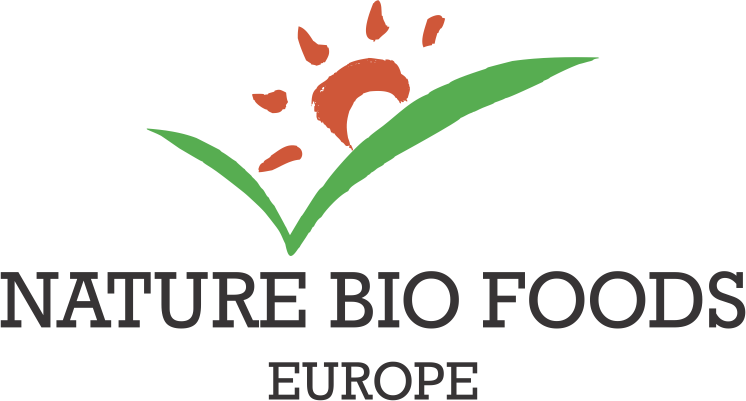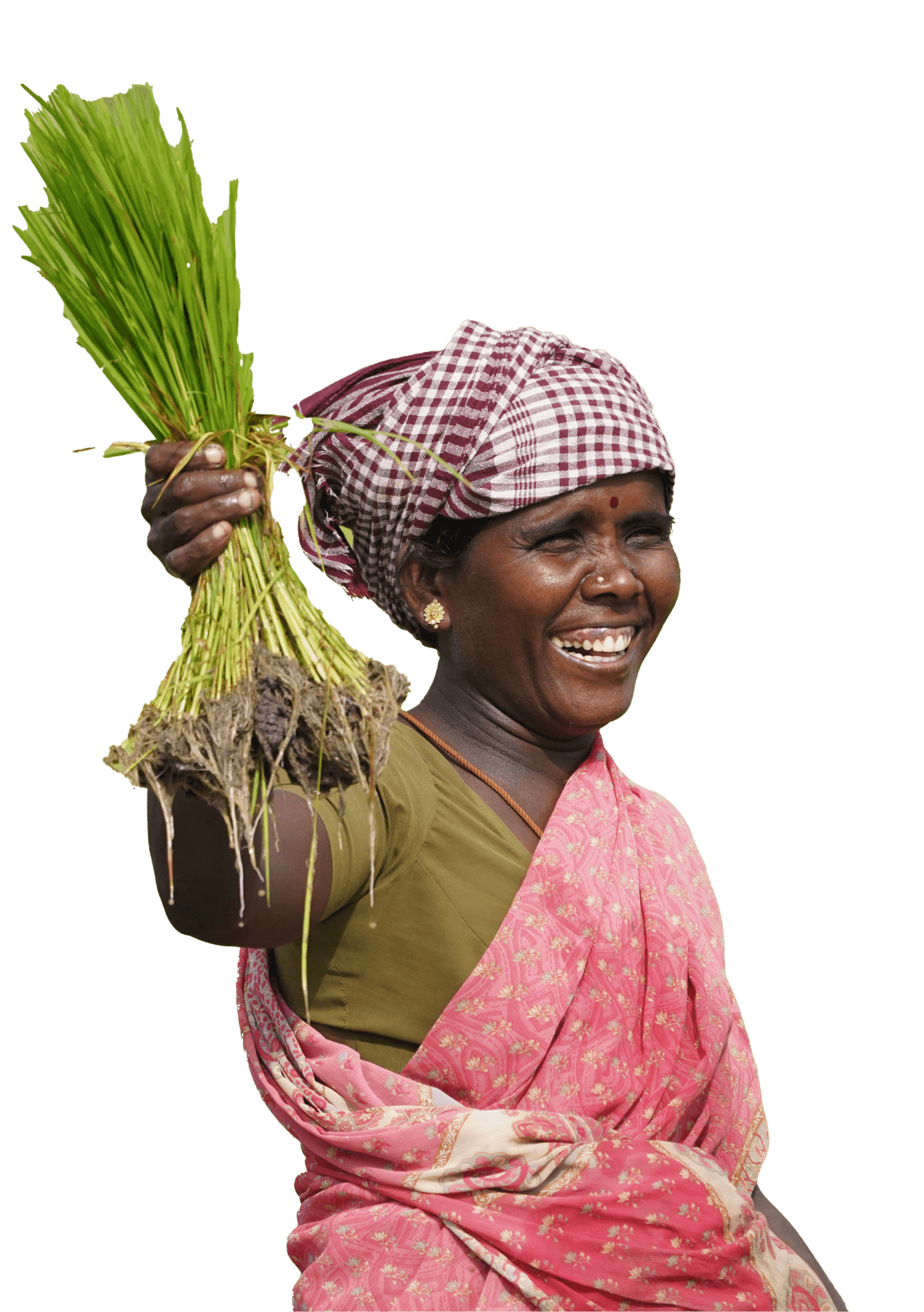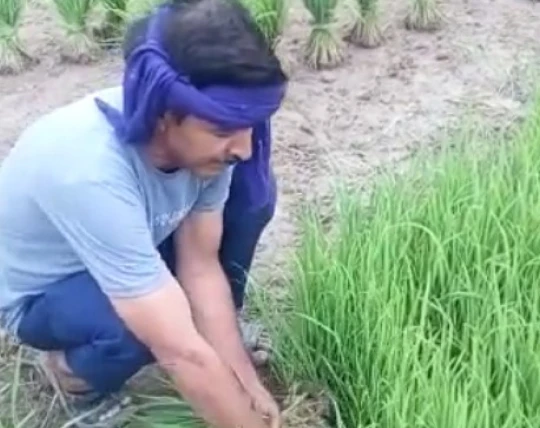Mysuru farmers cultivate a wide variety of organic and sustainably grown crops, such as Turmeric,Chia,Foxtail Millets and more, which are then fine-graded and quality-tested before being distributed.
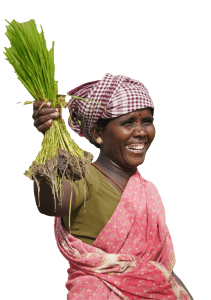

NBF’s Project Mysuru is a sustainable agriculture initiative located in Mysore City, Karnataka. The city is home to several lakes, including the Kukkarahalli, Karanji, and Lingambudhi lakes. It is also located at the foothills of the Chamundi Hills, which offer stunning views of the city. Mysuru is also a city with a rich history. It was the capital of the Mysore Kingdom, which was ruled by the Wodeyar dynasty for over 500 years. The city is home to many historical monuments, including the Mysore Palace, the Chamundi Temple, and the Lalbagh Botanical Garden.
Through its holistic approach, NBF not only enhances agricultural productivity but also addresses social development challenges. The project’s impact extends beyond farming practices, encompassing initiatives in education, healthcare, and women empowerment. By leveraging the natural advantages of the Mysuru region, Project Mysuru exemplifies NBF’s commitment to sustainable agriculture, community empowerment, and a healthier future for both people and the planet.
NBF’s Project Mysuru
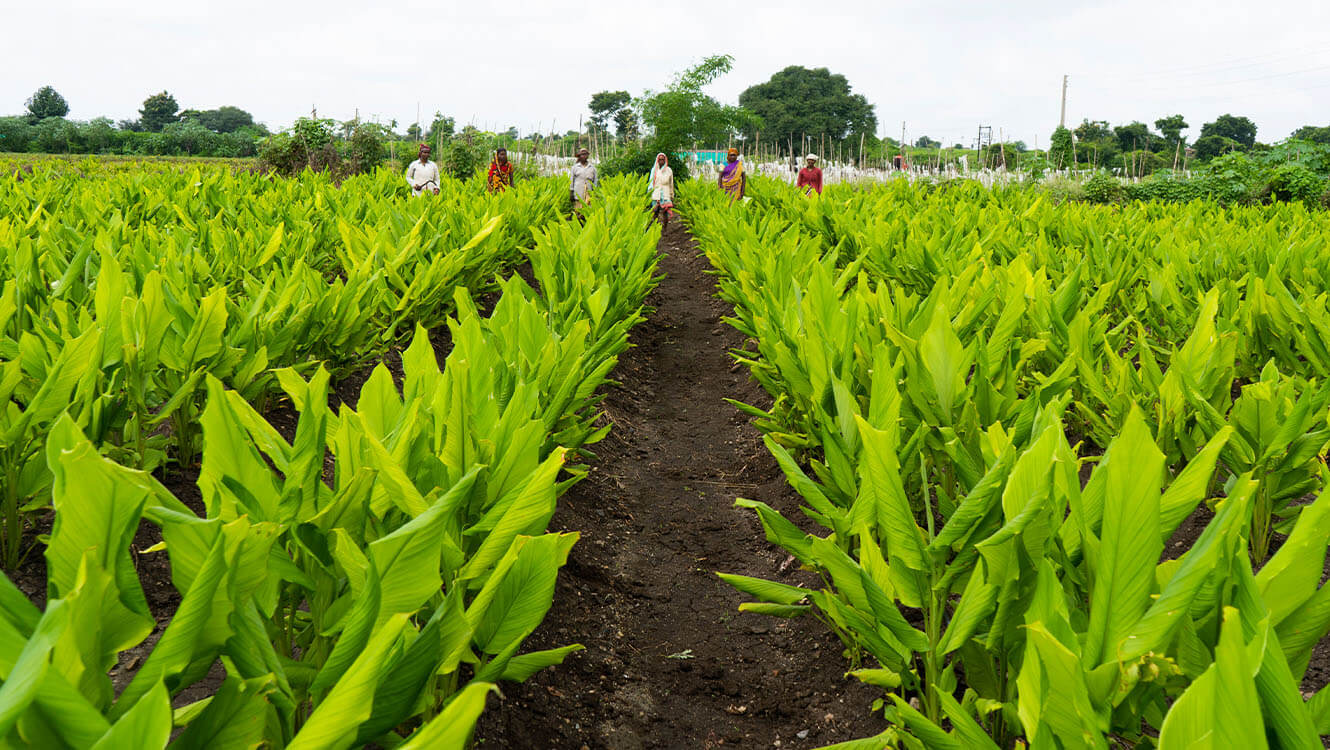

Location of the Project
NBF Mysuru project located is a city in the southern Indian state of Karnataka, India. It is the administrative headquarters of the Mysore district and is situated at the foothills of the Chamundi Hills. At an altitude of 770 m (2,530 ft) above mean sea level, the city of Mysore is geographically located at 12° 18′ 26″ north latitude and 76° 38′ 59″ east longitude. It is about 145 km (90.1 mi) southwest of the state’s capital, Bangalore, and spreads across an area of 152.05 km2 (59 sq mi). Most of the city’s development during modern times could be attributed to the maharajas of Mysore and the Wadiyar dynasty, who were patrons of art and culture. Mysore is a popular tourist destination and is known for its palaces, temples, and gardens. The city is also home to a number of educational institutions, including the University of Mysore, which is one of the oldest universities in India.
NBF Mysuru project coordinates 12° 18′ 26″ north latitude and 76° 38′ 59″ east longitude.

Organic Certification
NPOP Certified Mysuru Project

Nature Bio Foods Mysuru project is certified organic by the National Program for Organic Production (NPOP), which is the regulatory body responsible for implementing organic certification in India. To obtain NPOP certification, the Mysuru project underwent a rigorous certification process that involved a thorough inspection and evaluation of the entire organic farming system, from the farm to the processing and distribution facilities.
The NPOP certification program is designed to ensure that organic produce is grown and processed using strict organic standards that prohibit the use of synthetic pesticides, fertilizers, and genetically modified organisms (GMOs). It also ensures that the farmers and processors adhere to strict guidelines for sustainability, environmental protection, and social responsibility.
The NPOP certification of the Mysuru Project is a testament to Nature Bio Foods’ commitment to promoting sustainable and ethical agriculture practices in India. It provides assurance to customers that the organic produce sourced from the Mysuru project is of the highest quality and meets the stringent standards set by the NPOP.

Everything you need to know about Mysuru
The agriculture in Mysuru thrives due to its exceptional growing conditions, which foster a diverse and bountiful harvest. The region’s moderate climate, fertile soil, and ample water resources create an ideal setting for agricultural activities. The balanced temperature and rainfall patterns provide a favorable environment for crop cultivation throughout the year. Mysuru’s soil composition, encompassing red soil, black soil, and sandy soil, offers excellent drainage and nutrient-rich characteristics, promoting healthy plant growth and optimal yields. Additionally, the availability of water resources, including natural rainfall and irrigation systems, ensures consistent moisture supply for crops, supporting their development and productivity. This synergy of climate, soil, and water resources allows Mysuru to cultivate a wide range of agricultural produce. Farmers in the region harness these advantageous growing conditions to cultivate staple crops like paddy (rice), wheat, and millets, as well as a diverse array of fruits, vegetables, and horticultural crops. The agricultural abundance in Mysuru not only sustains the local population but also contributes to the overall food security of the region.
Mysuru, known for its agricultural heritage and commitment to sustainable practices, exhibits a strong presence in the area of organic agriculture. The region’s unique characteristics contribute to its success in cultivating organic crops. With its favorable climate and fertile soil, Mysuru provides an ideal environment for organic farming. Farmers in the region embrace traditional, natural methods of farming and focus on promoting soil health through organic matter, crop rotation, and natural pest control methods. Mysuru’s organic agriculture practices prioritize biodiversity conservation, preserving the natural balance between plants, animals, and the ecosystem. Furthermore, local farmers prioritize water management techniques to ensure efficient irrigation while minimizing waste.
Agricultural Characteristics
Mysuru possesses a robust agricultural character that reflects the region’s fertile lands and rich agricultural traditions. The agricultural landscape of Mysuru is diverse and encompasses various crops, ranging from staple cereals like paddy (rice), wheat, and millet to a plethora of fruits, vegetables, and horticultural crops. The region’s farmers employ a mix of traditional wisdom and modern techniques to cultivate their lands, striving for optimal yield and sustainable practices.
The agricultural character of Mysuru is shaped by its favourable climate, fertile soil types, and access to irrigation sources. The region experiences a moderate climate, allowing for year-round agricultural activities and multiple cropping patterns. The soil diversity, including red soil, black soil, sandy soil, and lateritic soil, provides a fertile foundation for diverse crops and supports different cultivation methods.
Mysuru has a growing emphasis on organic farming, with farmers adopting environmentally friendly methods, and promoting natural pest control and soil fertility management techniques. The region’s commitment to organic agriculture contributes to the production of healthier and more sustainable food.
Moreover, Mysuru’s agricultural character is deeply intertwined with its cultural heritage and festivals. Agriculture-based festivals like Makara Sankranti and harvest festivals like Huttari (celebrated by farming communities) reflect the close relationship between the people, the land, and their agricultural practices.
Soil Profile

The region of Mysuru has diverse types of soil, which play a crucial role in the agricultural production of the region. NBF’s agricultural experts train the local farmers to adopt farming techniques accordingly to maximize the potential of each soil type for crop cultivation. Here are some of the common soil types found in the Mysuru region:

Red Soil: Red soil, also known as laterite soil, is one of the predominant soil types in Mysuru. It is formed through weathering of crystalline rocks and has a reddish color due to the presence of iron oxide. Red soil is generally well-drained and fertile, making it suitable for a variety of crops.

Sandy Soil: Sandy soil is prevalent in certain parts of Mysuru. It is characterized by larger particles and has a gritty texture. Sandy soil has good drainage but tends to be less fertile and has a lower water-holding capacity. However, with proper irrigation and nutrient management, it can be suitable for growing crops such as millets, pulses, and vegetables.

Black Soil: Black soil, also referred to as regur or black cotton soil, is another significant soil type found in Mysuru. It is characterized by its dark color and high clay content, which contributes to its water retention capacity. Black soil is known for its fertility and is ideal for crops like cotton, sugarcane, and cereals.

Lateritic Soil: Lateritic soil is found in some areas of Mysuru, particularly in the hilly regions. It is formed by the weathering of rocks and has a high clay content. Lateritic soil is typically acidic and can be challenging for agriculture. However, with appropriate soil management practices and nutrient amendments, it can be utilized for horticultural crops.
Climate Condition
NBF Project Mysuru benefits from a pleasant, moderate climate that adds to its charm. Throughout the year, Mysuru enjoys a pleasant and comfortable climate with warm to hot summers, a refreshing monsoon season, and mild winters. The city’s tropical savanna climate ensures a balance between the scorching heat and cool breezes, making it a favoured destination for travellers seeking respite from extreme weather conditions. Whether it’s exploring the city’s historical sites, indulging in cultural festivities, or savouring the local cuisine, Mysuru’s general climate provides an inviting backdrop for residents and visitors alike to immerse themselves in its vibrant atmosphere. The climatic condition of Mysuru is favourable for a diverse range of agricultural activities, including the cultivation of crops like Turmeric,Chia,Foxtail Milets etc. The region’s favourable climate, combined with its fertile soil, makes it an ideal location for organic agriculture.
Temp.
Minimum

22 °C
(Dec-Jan)
Maximum

32 °C
(May-June)
Humidity
Minimum

75 %
(Dec-Jan)
Maximum

91.8 %
(May-June)
Rainfall
Average Rainfall

1200 mm
Seasons
There are mainly three seasons.

Summer
(Mar-June)

Rainy
(July-Sep)

Winter
(Oct-Feb)
Farm Water Availability
The availability of water for farming in NBF’s Mysuru project generally supports agricultural activities in the region. With a combination of factors contributing to water availability, farmers in Mysuru benefit from a favourable water situation. The region receives moderate to high annual rainfall, particularly during the monsoon season from June to September, which helps replenish water bodies and ensures a sufficient water supply for agricultural needs. Additionally, Mysuru has a well-developed irrigation infrastructure, including reservoirs, canals, tanks, and borewells, which aid in the efficient distribution of water to farmland. These resources play a crucial role in irrigating crops and maintaining agricultural productivity throughout the year. Furthermore, groundwater resources serve as an additional source of water, supporting farming activities and ensuring a steady supply of water for irrigation purposes. The combination of rainfall, irrigation infrastructure, and groundwater resources contribute to the overall farm water availability in Mysuru, supporting the region’s agricultural sector.
Nature of Farmers
Farmers in Mysuru, Karnataka, exhibit a strong connection to the land and a deep-rooted commitment to agriculture. Their nature is characterized by a blend of traditional wisdom, resilience, and adaptability. With their extensive expertise and skill in farming practices, Mysuru’s farmers have honed their agricultural knowledge over generations, allowing them to navigate the challenges and opportunities of the ever-evolving agricultural sector.
The nature of farmers in Mysuru reflects their strong work ethic and dedication to their craft. They diligently tend to their crops, carefully selecting seeds, nurturing plants, and employing sustainable farming techniques. Their understanding of the local soil, climate, and agricultural practices enables them to make informed decisions that maximize yields and ensure the long-term sustainability of their farming operations.
Furthermore, the nature of Mysuru’s farmers encompasses a spirit of innovation and adaptability. They embrace new technologies, improved farming practices, and agricultural advancements to enhance productivity and overcome challenges. While honoring their agricultural traditions, they also seek ways to incorporate modern approaches, such as precision farming, organic methods, and efficient irrigation techniques.

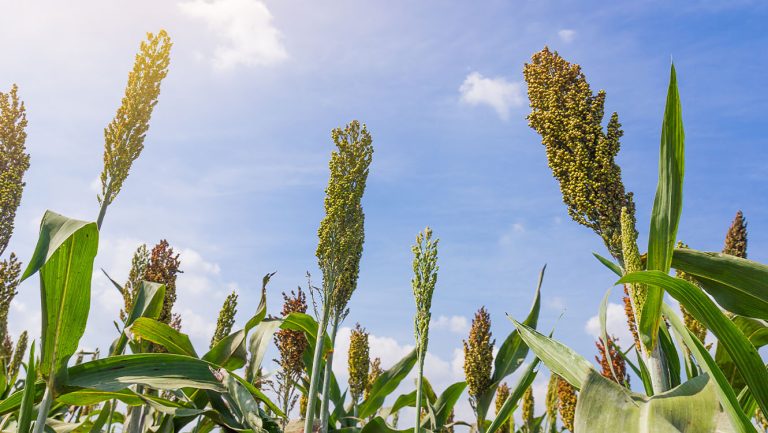

Growing Conditions
Mysuru boasts favourable growing conditions that contribute to its thriving agricultural sector. The region’s climate, soil fertility, and access to water resources create an ideal environment for cultivating a diverse range of crops. The moderate climate in Mysuru ensures that crops can flourish without extreme temperature fluctuations. Summers are warm and conducive to crop growth, while mild winters provide a favorable environment for certain cool-season crops. The region’s soil fertility is another key factor in its agricultural success. With a variety of soil types such as red soil, black soil, and sandy soil, Mysuru provides a fertile foundation for crops. These soils offer excellent drainage and nutrient-retention properties, supporting the healthy growth of a wide array of agricultural produce. Additionally, Mysuru benefits from abundant water resources. The region receives a significant amount of rainfall during the monsoon season, ensuring a reliable water supply for irrigation. The presence of reservoirs, canals, tanks, and borewells further enhances water availability, enabling farmers to sustain their crops throughout the year. As a result of these favorable growing conditions, Mysuru cultivates a diverse range of crops, including cereals, pulses, oilseeds, fruits, and vegetables, contributing significantly to the region’s agricultural productivity and economic growth.
Crop Details
Kharif
Turmeric & Foxtail Millets
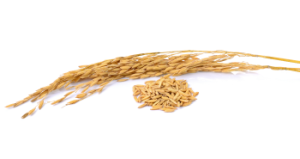
Rabi
Chia
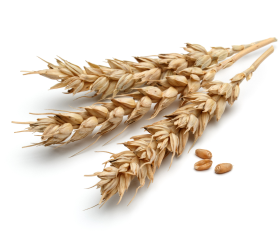
Statistics
NBF Supply Chain

NBF Supply Chain
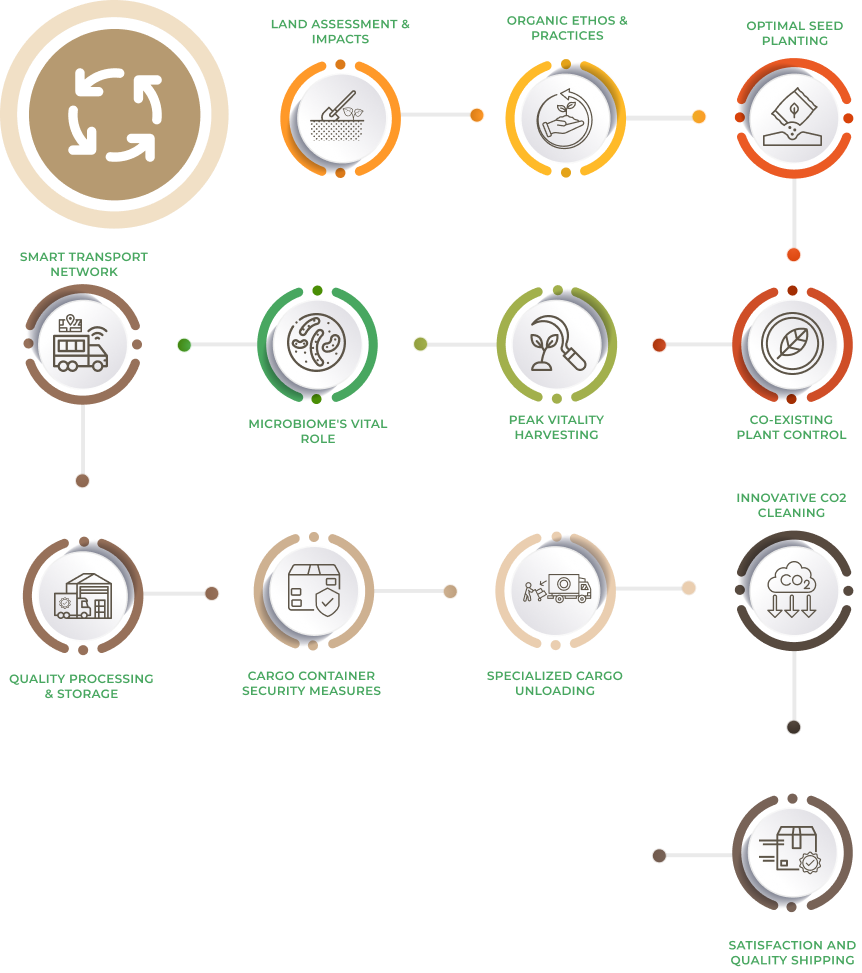
How to Reach Mysuru, Karnataka?
Mysuru is well-connected to major cities and towns, making it easily accessible from anywhere around the world. Mysuru’s well-connected transport infrastructure ensures that reaching and exploring the city is convenient and hassle-free. Here are the various modes of transportation to reach Mysuru:

By Train
Mysuru Junction is a major railway station in the city, well-connected to several cities in India. Many express trains and superfast trains operate to and from Mysuru, linking it to destinations like Bengaluru, Chennai, Mumbai, Delhi, and Kolkata. The railway station is located in the heart of the city, making it convenient for travelers.

By Road
Mysuru is easily accessible by road as it lies on the National Highway 275, connecting it to major cities in the region. You can reach Mysuru by bus or private vehicle. The Karnataka State Road Transport Corporation (KSRTC) operates regular bus services from nearby cities and towns to Mysuru. Private taxis and car rentals are also available for a more personalized travel experience.

By Air
The nearest airport to Mysuru is the Kempegowda International Airport (BLR) in Bengaluru, which is approximately 170 kilometers away. From the airport, you can hire a taxi or take a bus to Mysuru. The journey by road takes around three to four hours, depending on the traffic conditions.

Places to Visit in Mysuru, Karnataka
Mysuru Palace (Amba Vilas Palace)
One of the most iconic landmarks in Mysuru, the Mysuru Palace is a magnificent palace that showcases a blend of architectural styles, including Indo-Saracenic, Rajput, and Dravidian. Built in the early 20th century, it served as the residence of the Wodeyar dynasty, the rulers of Mysuru. The palace is known for its intricate craftsmanship, stunning interiors, and expansive courtyards. Visitors can explore the grandeur of the palace, which houses a museum displaying royal artifacts, paintings, weapons, and costumes. The palace is also a visual spectacle during the Dasara festival when it is beautifully illuminated.
[/mvc_ihe]Chamundi Hill
Situated around 13 kilometers from the city center, Chamundi Hill is a prominent religious and tourist attraction. Atop the hill stands the Chamundeshwari Temple, dedicated to the goddess Chamundeshwari, the patron deity of Mysuru. The temple is an architectural marvel with a colorful facade and intricate carvings. Visitors can climb the 1,000 steps to reach the hilltop or take a road to the summit. From the hill, one can enjoy panoramic views of Mysuru city and the surrounding landscapes. At the hill’s base, there is also a giant statue of the mythical creature Nandi, the vehicle of Lord Shiva, which is carved out of a single granite rock.
[/mvc_ihe]

Elevation
It has an average elevation of roughly 763 meters.


River
Mysuru is not directly situated on the banks of a major river. However, the city is located in the proximity of two important rivers: Kaveri River and Kabini River.


Soil
Lateritic, black, sandy and red soil
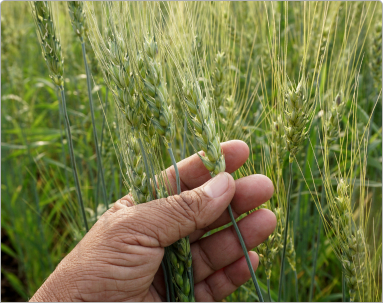

Crop
Horticulture crops include Turmeric, Chia and Foxtail Millets.
Sustainability Efforts
Economic
| Women's Empowerment through Entrepreneurial Training Programs |
354 |
|
| Empowering Young Women: Career Counseling for Future Success |
344 |
|
| Craftsmanship Unleashed: Skill Development in Artisanal Handicrafts |
242 |
|
Social
| Nourishing the Future: Workshop on Child Nutrition and Well-being |
653 |
|
| Guiding the Leaders of Tomorrow: Mentoring Programs for Students |
312 |
|
Environmental
| Cultivating the Earth: Advanced Training in Soil Regeneration |
543 |
|
| Towards a Plastic-Free Future: Comprehensive Reduce and Reuse Initiatives |
876 |
|
| Preserving Our Lifeline: Campaigns for Water Conservation and Stewardship |
563 |
|
| Agriculture in Harmony with Nature: Organic Farming workshops |
632 |
|
| Clean Village, Healthy Village: Promoting Cleanliness and Sanitation at the Grassroots Level |
322 |
|
Our Impact

Impact of our Farmers
The impact of our farmers is significant in enhancing soil fertility through various methods such as crop rotation, cover cropping, reduced tillage, and application of compost. These practices reduce fuel-intensive tillage, resulting in carbon sequestration, decreasing greenhouse gases, and reversing climate change. In addition, they can improve soil structure and reduce the possibility of soil erosion.

The difference our People are Making
The difference our organization is making is by converting land from conventional management to organic management, managing the entire surrounding system for biodiversity and sustainability, and using alternative sources of nutrients such as crop rotation, residue management, and organic manures. We provide complete biological inputs to our crops, and our teams supervise and manage weed and pest control through better management practices, physical and cultural means.

Contribution by our Customers
Our customers’ contribution is vital in promoting food safety and environmental issues. The concern for their health, the environment, and worldwide crises has increased exponentially. Organic agriculture has become the only option for many consumers. Simply by consuming organic produce, they are contributing to the overall health of the planet and making an impact towards sustainability.
